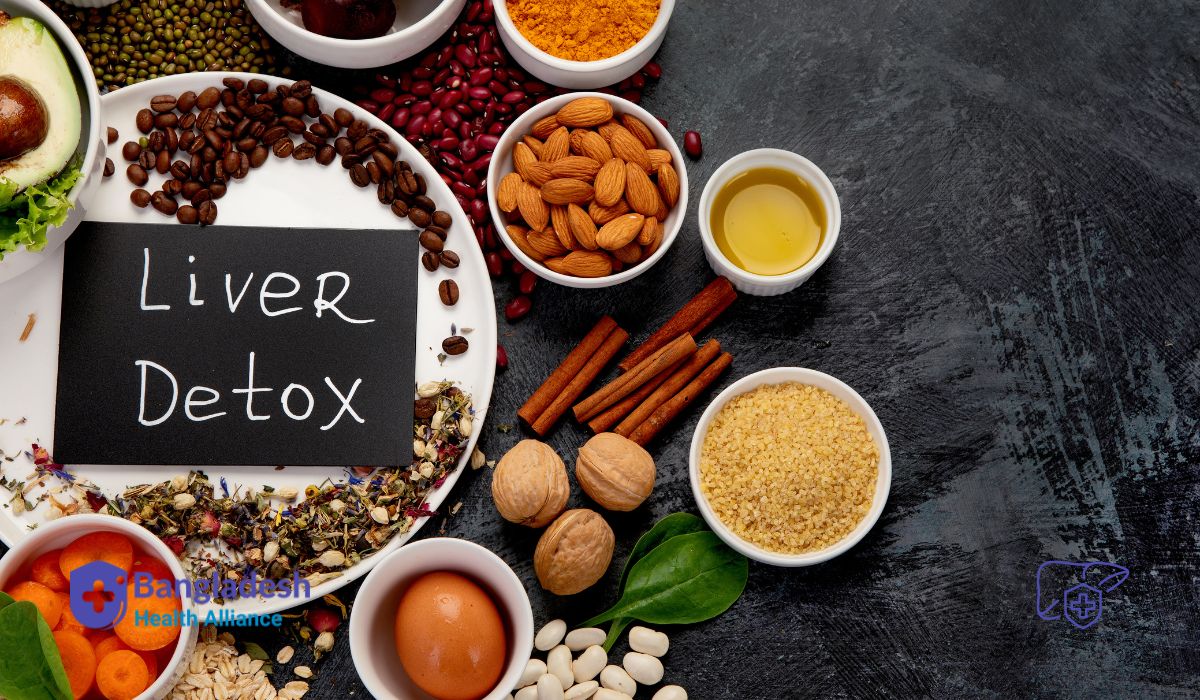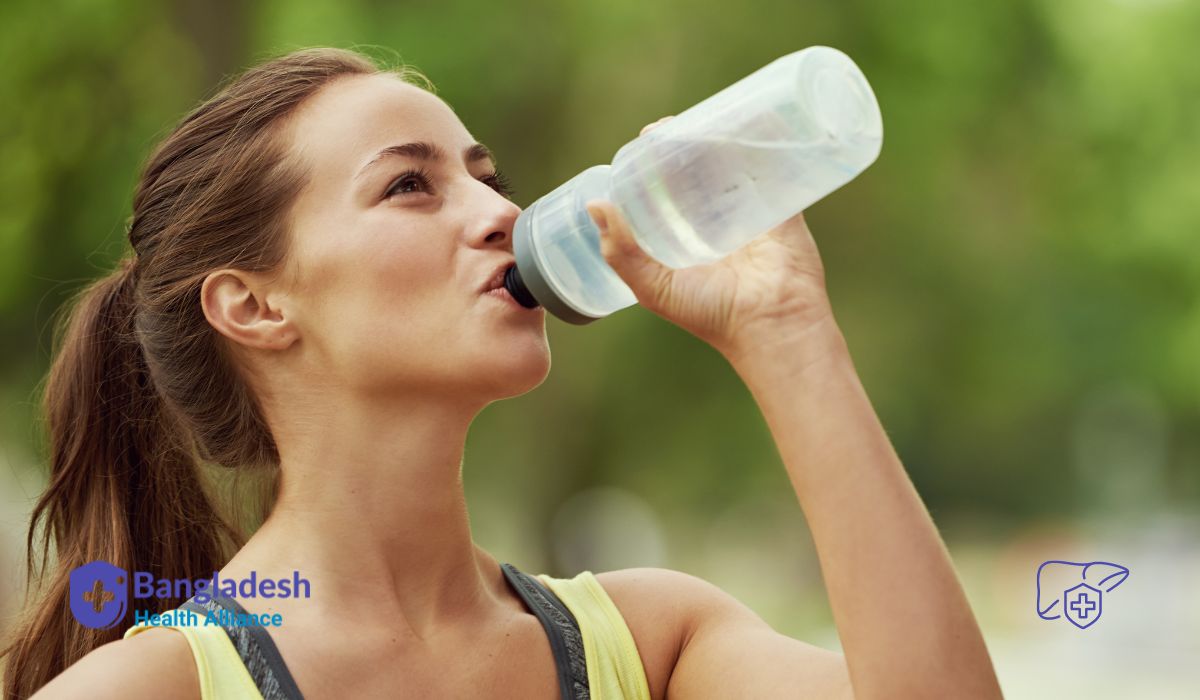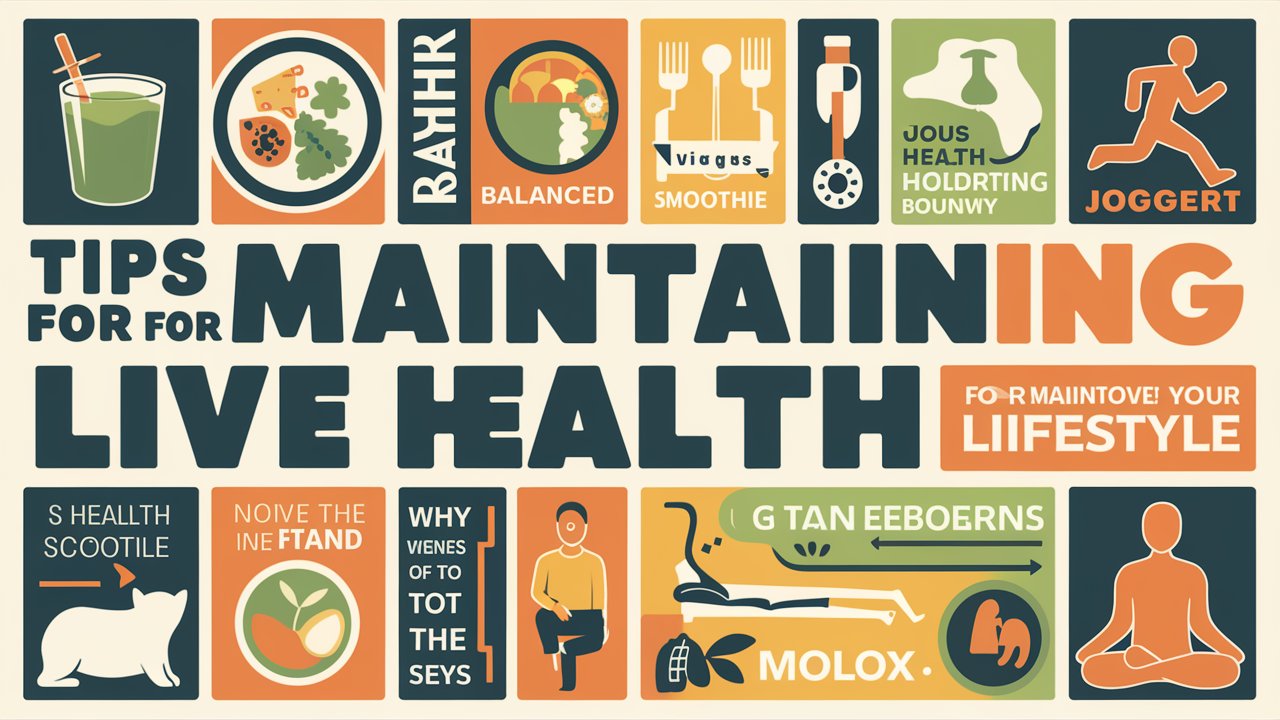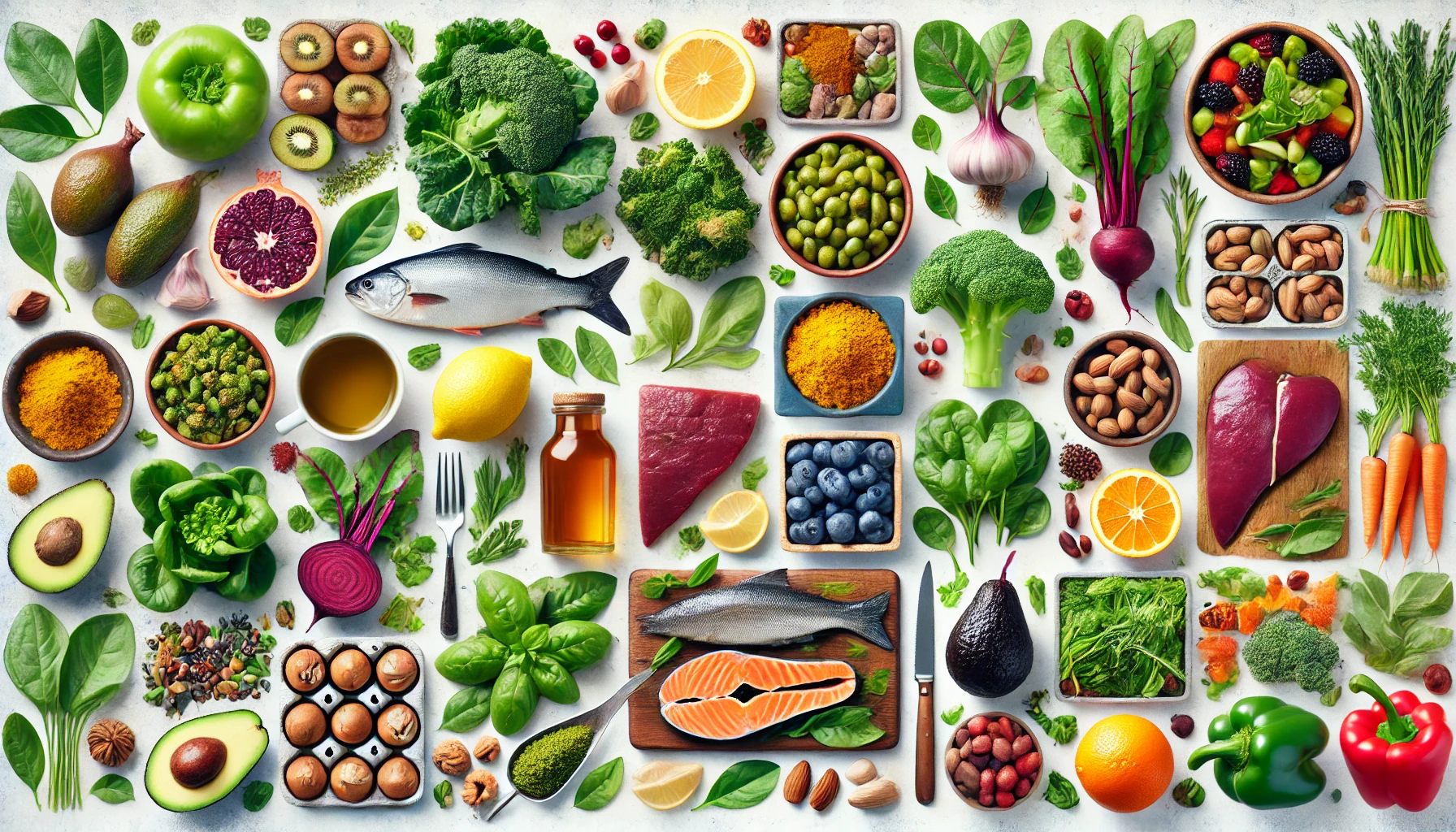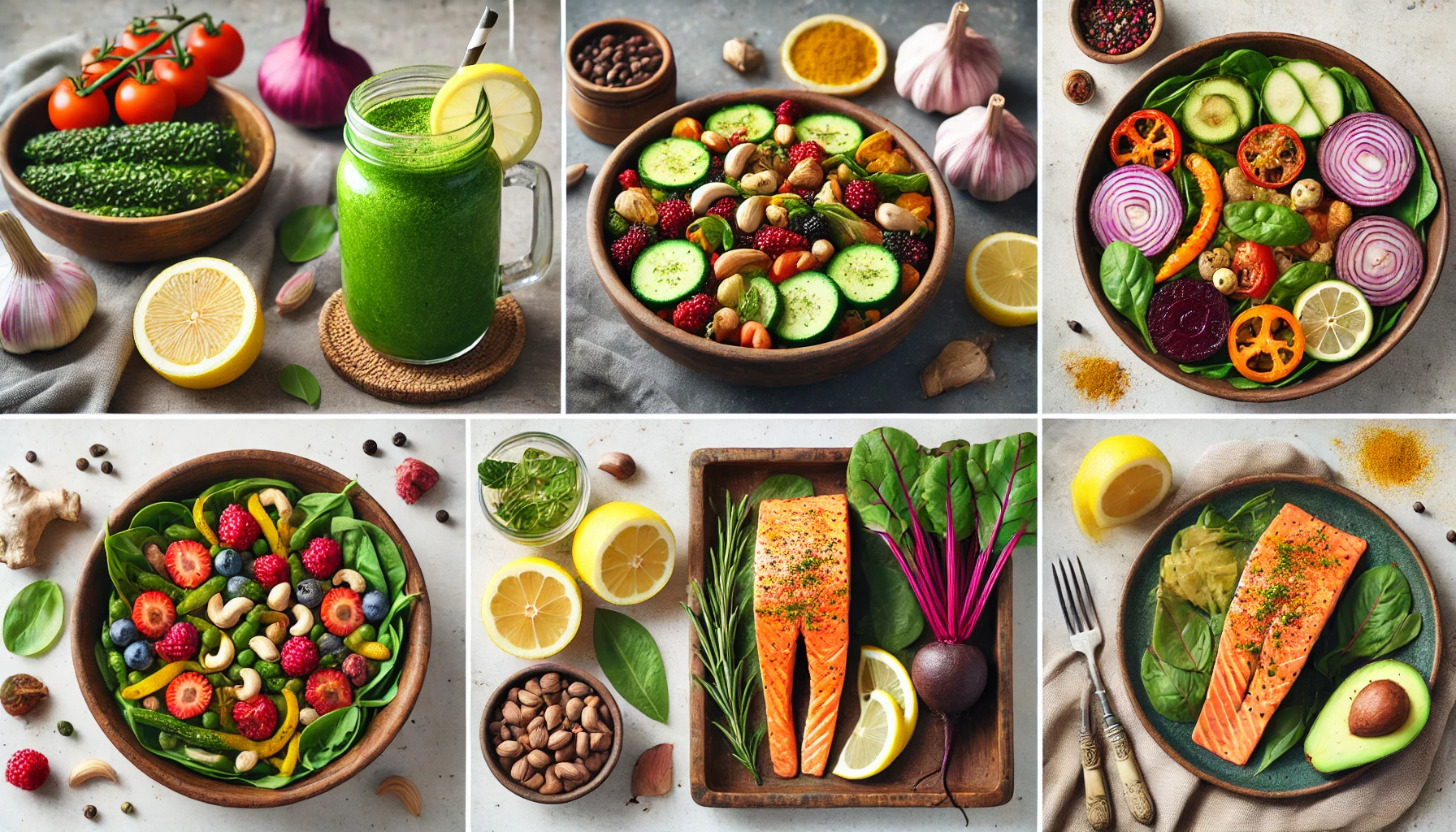The liver is a vital organ responsible for numerous essential functions, including detoxification, metabolism, and nutrient storage. Maintaining liver health is crucial for overall well-being. This comprehensive guide offers practical liver health tips to help you maintain a healthy liver. From understanding your liver’s role to adopting liver-friendly habits, we’ll cover everything you need to know. Let’s embark on a journey to optimal liver health together!
Understanding Your Liver
Your liver, the largest internal organ, is a complex biochemical factory. It performs over 500 vital functions, including:
- Detoxification: Neutralizing harmful substances like alcohol, drugs, and environmental pollutants.
- Metabolism: Converting food into energy, storing glucose as glycogen, and processing fats, proteins, and carbohydrates.
- Bile production: Essential for digesting fats and absorbing vitamins A, D, E, and K.
- Protein synthesis: Producing clotting factors, albumin, and other proteins vital for blood clotting and fluid balance.
Ignoring liver health can lead to serious consequences. Common signs of liver trouble include fatigue, jaundice (yellowing of skin and eyes), abdominal pain or swelling, dark urine, pale stools, unexplained weight loss, nausea, vomiting, itchy skin, and swelling in the legs or ankles. If you experience any of these symptoms, consult a healthcare professional promptly.
Essential Liver Health Tips for a Healthy Liver
Maintaining liver health is crucial for overall well-being. These top five liver health tips will help you adopt a liver-friendly diet, engage in regular exercise, stay hydrated, manage stress, and implement liver-friendly lifestyle habits to keep your liver functioning optimally.
Nourish Your Liver with a Liver-Friendly Diet
Nourishing your liver with the right foods is essential. A liver-friendly diet emphasizes whole, unprocessed foods rich in nutrients.
Foods to Prioritize
- Leafy Greens: Spinach, kale, collard greens are high in chlorophyll and antioxidants that aid in detoxification and reduce liver inflammation.
- Garlic & Turmeric: Garlic contains allicin and selenium, which activate liver enzymes that help flush out toxins. Turmeric contains curcumin, which has anti-inflammatory and antioxidant properties that protect liver cells from damage.
- Berries: Blueberries, strawberries, raspberries are rich in antioxidants that help protect the liver from oxidative stress and inflammation.
- Fatty Fish: Salmon, mackerel, sardines are high in omega-3 fatty acids, which reduce liver fat and inflammation, improving overall liver function.
- Nuts: Almonds, walnuts provide healthy fats, antioxidants, and vitamin E, which are beneficial for liver health.
- Green Tea: High in catechins, which are antioxidants that improve liver function and reduce liver fat accumulation.
- Citrus Fruits: Oranges, lemons, grapefruits are packed with vitamin C and antioxidants that support liver detoxification and boost the immune system.
- Beetroot & Avocado: Beetroots contain betaine, which supports liver detoxification, while avocados are rich in healthy fats and antioxidants that reduce liver inflammation.
Foods to Limit
- Processed Foods: Often high in unhealthy fats, sugars, and artificial additives, processed foods can burden the liver and contribute to fatty liver disease.
- Sugary Drinks: Excessive sugar intake can lead to liver fat accumulation and insulin resistance, both of which can harm the liver.
- Excessive Red Meat: High in saturated fats that can lead to fat accumulation in the liver and increase the risk of liver disease.
- Excessive Salt: High salt intake can contribute to liver fibrosis and other liver-related issues.
Stay Hydrated
- Drink at least eight glasses of water daily: Staying hydrated helps the liver function optimally by aiding in the detoxification process and flushing out toxins.
- Sample Meal: Grilled salmon with quinoa and roasted Brussels sprouts provides a balanced meal rich in nutrients beneficial for liver health.
Boost Liver Health with Regular Exercise
Physical activity is crucial for liver health. Regular exercise helps reduce liver fat, improves insulin sensitivity, and boosts overall well-being.
Exercise Goals
- Aim for at least 150 minutes of moderate exercise or 75 minutes of vigorous exercise per week: Consistent physical activity helps in reducing fat accumulation in the liver, enhancing liver function, and preventing liver diseases.
Activities to Try
- Walking, running, swimming, cycling, dancing: These aerobic exercises increase heart rate and improve overall circulation, aiding in liver detoxification.
- Strength Training: Building muscle boosts metabolism, which can help reduce fat stored in the liver and improve liver function.
Hydrate for Optimal Liver Function
Water is vital for liver health. Proper hydration helps flush out toxins, aids digestion, and supports liver function.
Drink Plenty of Water
- Aim for at least eight glasses of water daily: Water is essential for maintaining the liver’s ability to detoxify the body. Adequate hydration ensures that toxins are efficiently flushed out of the system.
Limit Sugary Drinks
- Excessive sugar can burden the liver: High sugar intake can lead to fatty liver disease by promoting fat buildup in liver cells. It also contributes to insulin resistance, which can exacerbate liver problems.
Hydrating Foods
- Include fruits and vegetables with high water content: Foods like cucumbers, watermelons, oranges, and strawberries not only provide hydration but also deliver essential nutrients and antioxidants that support liver health.
Manage Stress for a Healthy Liver
Chronic stress can negatively impact liver health by disrupting liver function and contributing to inflammation.
Relaxation Techniques
- Try meditation, deep breathing, yoga, or tai chi: These practices help reduce stress levels, which in turn can lower inflammation and promote better liver health.
Prioritize Sleep
- Ensure adequate sleep to manage stress and support liver health: Quality sleep helps the body repair and regenerate, including the liver. Lack of sleep can lead to increased stress hormones that negatively affect liver function.
Time Management
- Effective time management can help reduce stress levels: By organizing tasks and setting realistic goals, you can minimize stress, which is beneficial for liver health.
Adopt Liver-Friendly Lifestyle Habits
Adopt these lifestyle habits to support liver health.
Limit Alcohol
- Drink in moderation to prevent liver damage: Excessive alcohol consumption can cause liver inflammation, fatty liver disease, and cirrhosis. Moderation is key to preventing alcohol-related liver damage.
Avoid Smoking
- Smoking harms overall health and can negatively impact the liver: The toxins in cigarette smoke can cause oxidative stress and inflammation in the liver.
Safe Medication Use
- Follow prescription guidelines and avoid overuse of over-the-counter drugs: Many medications can have adverse effects on the liver. Always consult your doctor about potential liver side effects.
Regular Check-Ups
- Schedule routine liver function tests, especially if you have risk factors: Regular monitoring can help detect liver issues early, allowing for timely intervention.
Vaccinations
- Protect yourself from hepatitis A and B with vaccinations: Vaccinations can prevent viral hepatitis infections that can lead to serious liver damage.
Incorporating these liver health tips into your daily routine can significantly improve your liver function and overall well-being. By nourishing your liver with a healthy diet, exercising regularly, staying hydrated, managing stress, and adopting liver-friendly lifestyle habits, you can keep your liver in optimal condition. Consistency and mindfulness in these practices are key to achieving and maintaining a healthier liver.
General Tips for Optimal Liver Care
Adopting these general tips can greatly enhance your liver health and overall well-being. Incorporate these habits into your daily routine to support your liver’s vital functions.
- Balanced Diet: Include a variety of fruits, vegetables, whole grains, lean proteins, and healthy fats.
- Stay Hydrated: Drink plenty of water to support liver detoxification.
- Limit Alcohol Consumption: Follow recommended guidelines for moderate alcohol intake.
- Exercise Regularly: Engage in physical activity to reduce liver fat and improve insulin sensitivity.
- Avoid Toxins: Minimize exposure to environmental toxins found in cleaning products, pesticides, and tobacco smoke.
- Maintain a Healthy Weight: Achieve and maintain a healthy weight to reduce the risk of non-alcoholic fatty liver disease (NAFLD).
- Practice Safe Medication Use: Be cautious with herbal supplements and consult your doctor before using them.
- Get Vaccinated: Protect against hepatitis A and B.
- Avoid Risky Behaviors: Avoid sharing needles, practice safe sex, and ensure proper sterilization of medical equipment.
- Regular Health Check-Ups: Discuss appropriate screening and monitoring with your doctor if you have risk factors for liver disease.
Foods that Support Liver Health
Certain foods are particularly beneficial for liver health. Incorporating these foods into your diet can help support liver function and overall well-being:
- Leafy Greens: Spinach, kale, and collard greens are rich in antioxidants and chlorophyll, which help detoxify the liver and reduce inflammation.
- Garlic: Garlic contains allicin and selenium, which activate liver enzymes and aid in the detoxification process.
- Turmeric: Turmeric contains curcumin, which has anti-inflammatory and antioxidant properties that protect the liver from damage.
- Berries: Berries such as blueberries, strawberries, and raspberries are high in antioxidants that protect liver cells from oxidative stress.
- Fatty Fish: Fatty fish like salmon, mackerel, and sardines are rich in omega-3 fatty acids, which reduce liver fat and inflammation.
- Nuts: Nuts such as almonds and walnuts provide healthy fats and antioxidants that support liver health.
- Green Tea: Green tea is rich in catechins, antioxidants that improve liver function and reduce fat accumulation.
- Citrus Fruits: Citrus fruits like oranges, lemons, and grapefruits are high in vitamin C and antioxidants that support liver detoxification.
- Beetroot: Beetroot contains betaine, which helps protect liver cells and supports detoxification.
- Avocado: Avocado is rich in healthy fats and antioxidants that reduce liver inflammation and improve liver function.
Liver-Healthy Recipes Tips
Incorporating liver-healthy foods into your diet can be delicious and easy. Here are some recipes to get you started:
1. Green Detox Smoothie
Ingredients:
- 1 cup spinach
- 1 cup kale
- 1 banana
- 1 apple
- Juice of 1 lemon
- 1 cup water
Instructions:
- Combine all ingredients in a blender.
- Blend until smooth.
- Pour into a glass and enjoy!
2. Garlic and Turmeric Roasted Vegetables
Ingredients:
- 2 cups carrots, chopped
- 2 cups broccoli florets
- 4 cloves garlic, minced
- 1 tsp turmeric
- 2 tbsp olive oil
- Salt to taste
Instructions:
- Preheat oven to 400°F (200°C).
- Toss vegetables with garlic, turmeric, olive oil, and salt.
- Spread on a baking sheet and roast for 25-30 minutes.
- Serve warm.
3. Berry and Nut Salad
Ingredients:
- 4 cups mixed greens
- 1 cup strawberries, sliced
- 1 cup blueberries
- 1/2 cup walnuts, chopped
- 1/4 cup feta cheese, crumbled
- 2 tbsp balsamic vinaigrette
Instructions:
- Combine all ingredients in a large bowl.
- Drizzle with balsamic vinaigrette.
- Toss gently and serve.
4. Lemon Garlic Salmon
Ingredients:
- 4 salmon fillets
- 2 tbsp olive oil
- Juice of 2 lemons
- 4 cloves garlic, minced
- Salt and pepper to taste
- Fresh parsley, chopped (for garnish)
Instructions:
- Preheat oven to 375°F (190°C).
- Place salmon fillets on a baking sheet lined with parchment paper.
- In a small bowl, mix olive oil, lemon juice, garlic, salt, and pepper.
- Brush the mixture over the salmon fillets.
- Bake for 15-20 minutes or until salmon is cooked through.
- Garnish with fresh parsley and serve.
5. Beetroot and Avocado Salad
Ingredients:
- 2 medium beetroots, cooked and sliced
- 1 avocado, sliced
- 4 cups arugula
- 1/4 cup goat cheese, crumbled
- 2 tbsp balsamic vinegar
- 2 tbsp olive oil
- Salt and pepper to taste
Instructions:
- Arrange arugula on a serving plate.
- Top with beetroot slices, avocado slices, and crumbled goat cheese.
- Drizzle with balsamic vinegar and olive oil.
- Season with salt and pepper.
- Toss gently and serve.
Conclusion
Maintaining liver health is essential for overall well-being. By understanding the liver’s functions, recognizing signs of liver problems, and adopting a healthy lifestyle, you can support your liver’s vital role in your body. Incorporate liver-healthy foods, stay hydrated, exercise regularly, and avoid toxins to keep your liver in top condition. Regular check-ups and liver function tests can help detect any issues early. Start prioritizing your liver health today for a healthier tomorrow!



